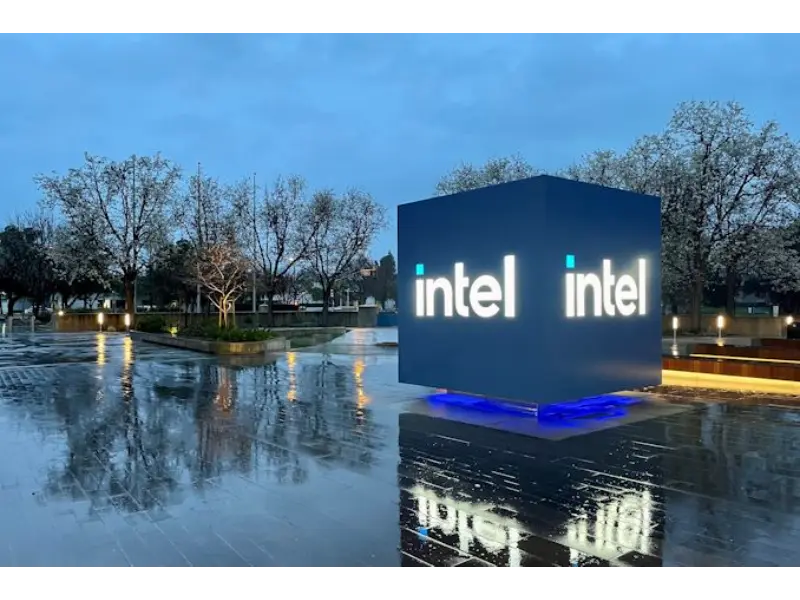- The U.S. Federal Circuit Court overturns Intel’s $2.18 billion VLSI patent infringement verdict.
- Texas retrial scheduled to determine compensation for a second patent infringement.
- Intel asserts VLSI’s patent holds “little value” in the upcoming legal proceedings.
In a significant legal development, the United States Federal Circuit Court of Appeals has overturned the jury’s 2021 verdict that found Intel guilty of infringing on VLSI Technology patents. The court rejected the $2.18 billion compensation judgment against Intel, marking one of the largest cases in the history of U.S. patent law.
According to the presiding judge, the case will be remanded to Texas for a fresh trial to determine the amount of compensation Intel should pay for allegedly infringing on a second VLSI patent.
The initial ruling took place in March 2021 when the federal court in Texas determined that Intel had violated VLSI Technology patents, resulting in a staggering $2.18 billion in damages. VLSI claimed that Intel’s Cascade Lake and Skylake processors infringed on their patented technology related to data processing improvements. The patent in question was acquired by VLSI from NXP Semiconductors.
Also read: Intel Drops Hightower Acquisition
In a surprising turn of events in June of the same year, the United States Patent and Trademark Office (PTAB) declared one of VLSI Technology’s patents invalid, relieving Intel of the $2.18 billion financial burden. It was revealed that these patents were initially granted to Freescale Semiconductor (now part of NXP) in 2012 and SigmaTel in 2010, with both companies later being acquired and the patents ultimately transferred to VLSI Technology LLC in 2019.
Also read: Intel forges ahead with New Chip Innovation Center in Shenzhen amid escalating US-China tech battle
An Intel spokesperson expressed satisfaction with the court’s decision, stating that the company will argue in the upcoming damages trial that VLSI’s patent holds “little value“. This suggests that Intel intends to challenge the legitimacy and significance of the patent in question during the new legal proceedings.
The case has not only showcased the complexities of patent litigation but has also underscored the dynamic nature of the semiconductor industry, where companies frequently acquire and transfer intellectual property rights. As the legal battle continues, the tech community awaits the outcome of the upcoming trial in Texas, which will play a pivotal role in determining the final resolution of this high-stakes patent infringement dispute.

